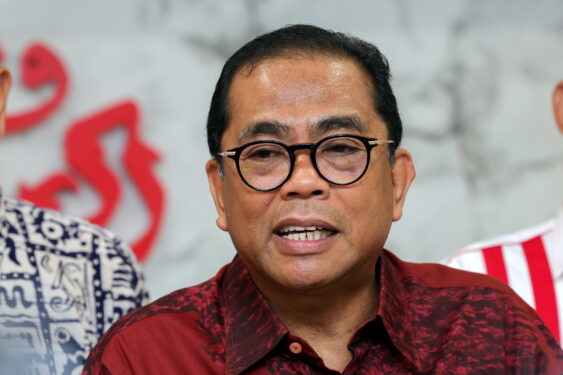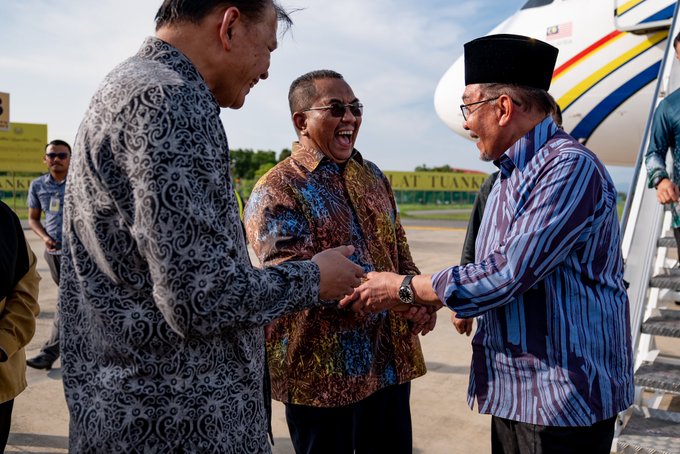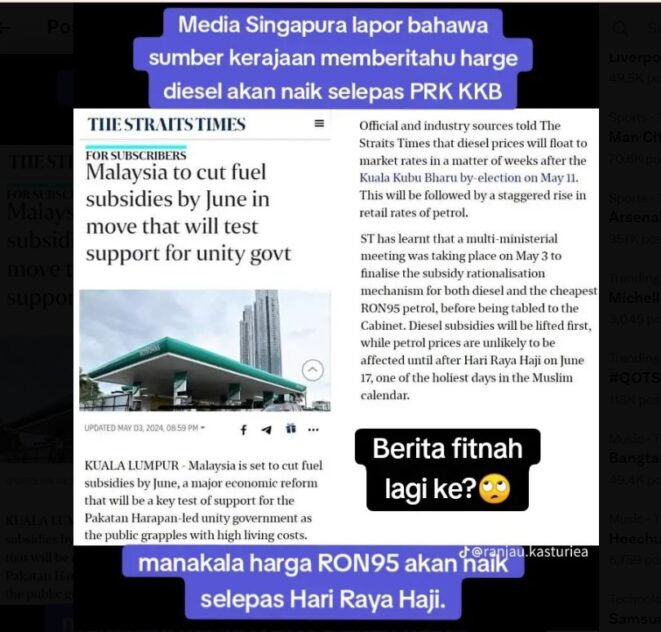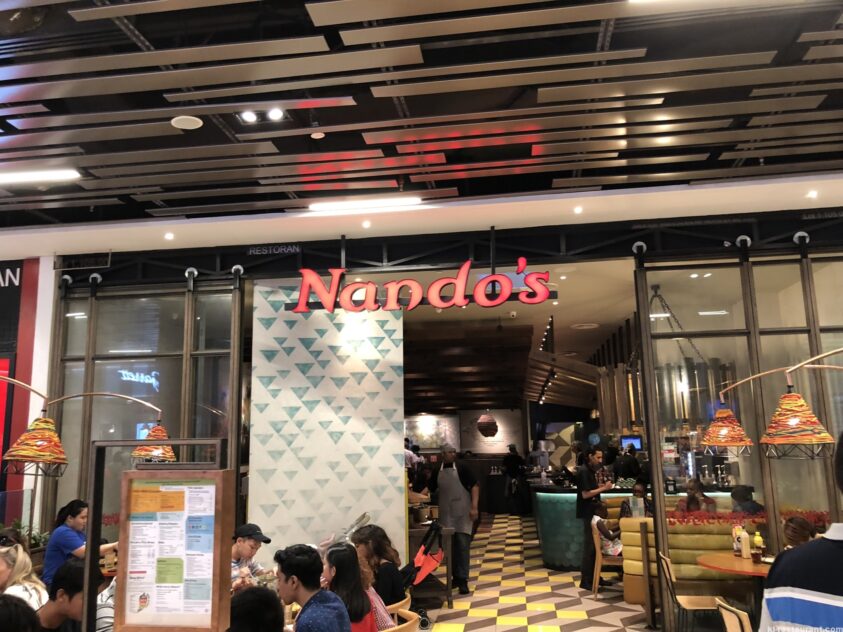THE upcoming Budget 2022 must focus on the survival issues of small and medium-sized enterprises (SMEs), said the Small and Medium Enterprises Association (SAMENTA).
In its budget wishlist, SAMENTA central chairman Datuk William Ng proposed that personal income tax for 2021 should be exempted for those with gross income below RM80,000.
“This will stimulate spending among the M40 group as the economy rebounds,” he said.
The association has also suggested that the Government lower the sales and service tax (SST) to a flat 4% to stimulate consumer demand and cut down administrative work on the part businesses and the Customs department.
“This could also be a pre-cursor for our proposal to re-introduce the goods and services tax (GST) at 4% from 2023,” Ng added.
SAMENTA further called for the Government to reduce the corporate tax rate for SMEs for the first RM500,000 taxable income for 2021 and 2022 to 15% as the move would encourage re-investments and promote entrepreneurship to quickly fill the void left by collapsed SMEs.
“Waive Human Resources Development Fund (HRDF) levy until June 2022 and reduce the levy to 0.5% until June 2023 because as at end of 2019, HRDF has RM1.35 bil in the retained levy.
“We certainly can afford to exempt SMEs from levy payment in 2021 and a part-waiver in 2022, without jeopardising our mandate to upskill our workers.
“As businesses recover, training and upskilling will happen organically,” Ng pointed out.

He urged the Government to not distinguish between ‘essential’ and ‘non-essential’ businesses as “all businesses are inter-connected to some degree”.
“If it’s safe to open one sector, it is safe to open all albeit with very tight standard operating procedures (SOPs), and as such, SAMENTA repeats our call for all economic sectors to be reopened as soon as possible.”
Meanwhile, SAMENTA also called on the Government to stop all mass tax audit operations for suspected tax evasion pre-2019 until 2023 to allow the SMEs a reprieve to turn around in 2022 and 2023.
According to Ng, if the Inland Revenue Board of Malaysia (LHDN) wishes to crack down on tax evasions, this can be done when the economy has recovered sufficiently.
In addition, Ng noted that a majority of the country’s SMEs are unprepared for IR4.0, and suggested that the Government focus their energy into moving at least half of the SMEs into the digital economy.
“For example, SAMENTA is currently partnering with Malaysia Productivity Corporation to jumpstart the digitalisation journey of 1,000 SMEs.
“However, the key challenge is not just the knowledge gap but also a highly fragmented ecosystem that confuses the very same SMEs it is trying to support.
“[Therefore] we propose the establishment of a focused public-private taskforce led by the Malaysia Digital Economy Corporation (MDEC)/Finance Ministry to address the ecosystem needed to accelerate digitalisation.”
Other items on the wishlist included extending the RM600 wage subsidy until June 2022 for all sectors that were deemed non-essential, for instance, those which were not allowed to operate until Phase 3 and 4 of the National Recovery Plan and extending the hiring incentive of 50% wage subsidy for six months to SMEs with less than 100 employees until June 2022.
Budget 2022 will be tabled in Parliament on Oct 29, 2021. – Oct 6, 2021










